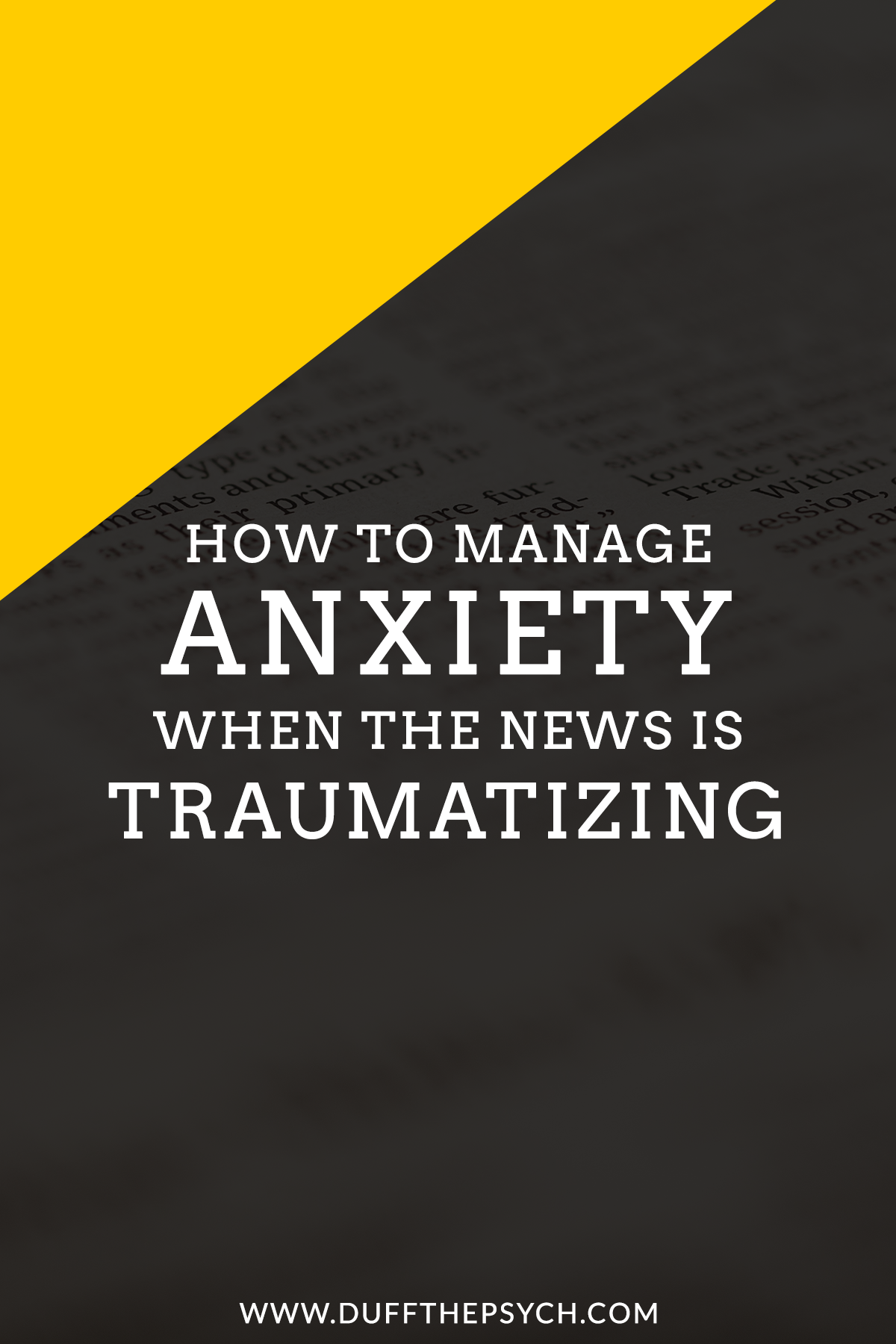How to Talk to Anyone (Junior Talker #5) by DeYtH Banger (you can read anyone TXT) 📖

- Author: DeYtH Banger
Book online «How to Talk to Anyone (Junior Talker #5) by DeYtH Banger (you can read anyone TXT) 📖». Author DeYtH Banger
What he found with the other two groups (no adversity and moderate amount of adversity) was the most surprising to me. The people with no prior adversity, or only one recalled adverse event, also scored quite low on the measure of well-being, just like the people with many negative events. This wasn’t what I expected. One would think that if you didn’t have prior adversity you would be a happier person. As I read on, I discovered that the people who were the happiest subjects were those who experienced two to six adverse events. This I found the most unexpected. When asked why they got those results, the researchers hypothesized that perhaps we need a certain amount of adversity in our lives to learn something about life. And when we learn those lessons, we are happier. For some that might be appreciating all they have such as good health, a job and friendship. For others it may be appreciating their partner and children. Adversity has the potential of teaching us, as Jung said, that life is fragile; everything can turn on a moment’s notice, so gratitude is key. People who have never had setbacks or personal adversity may not have had the opportunity to learn that important lesson.
As I finished reading the study, I noticed that I felt a sense of serenity. The anger disappeared and was replaced by gratitude, sadness and compassion. Gratitude for what I had in my life, sadness for the loss of such wonderful people, and compassion for the loved ones of those who passed. I thought, “Ok Life, maybe this is a time for me to learn how to get better at loss.” I could always improve my skill at acknowledging my feelings of vulnerability, appreciating all the gifts I have in my life, and feeling and expressing more compassion towards others. Call it a rationalization or a mind-game or turning lemons into lemonade, but whatever happened that morning definitely created a stronger feeling of well-being within me as I packed up to go to work.
Note: There is a psychological way to apply the same behavior and principles of another human being it's called NLP, as for now I am going to throw positive mindsets... and motivations... it's very useful for self-sabotaging behavior and negative thoughts.... depression, anxiety... all this shitty stuff needs to be clean out.
HOW TO MANAGE ANXIETY WHEN THE NEWS IS TRAUMATIZING

A few weekends ago, I was out with my wife and a few friends without the kids. All was great until my wife looked at her phone and just said “Holy shit, the Oaks.” Without her saying another word, I knew there was a shooting. Just a few cities away from us, at the other big mall in the area, there was a murder and attempted suicide by firearm. That made the evening take on a little different tone.

It got me thinking about how frequently we hear about shootings at schools and public gatherings and how difficult that must be for someone with anxiety. It’s hard for me because I can’t just tell someone with anxiety that everything is going to be okay because I don’t know that for sure. So here are some tips on how to manage anxiety when the news is traumatizing.

1. It’s absolutely okay to be anxious and scared. That’s normal. You should feel some degree of anxiety when you hear about a shooting, especially if it is near you or someone that you love. That is simply a natural instinct that should be there to help you be appropriately cautious. Anxiety heightens your senses and prepares your for action. Don’t beat yourself up about being anxious in the first place. Of course we want you to be able to bring your anxiety to a manageable level, which is why I have some other tips here.
2. Understand that there is a risk to everything and living life isn’t about denying that risk, it’s about acknowledging the risk and making an active choice to move forward. You could make an endless list of the things that could possibly harm you every time you walk out the door. However, people are still moving about the world, living their lives. As humans, we never feel 100% certain about our safety and we never feel 100% secure in the decisions that we make. That doesn’t mean that they aren’t good decisions. That’s just human nature. We make a choice and go with it. It’s just what we do.
3. I know you’ve heard this a million times, but it’s also important to recognize that it is still statistically very unlikely that you will be involved in a mass shooting. I will 10000% agree that it happens way to frequently and there is work to be done to change that fact, but it still stands that the statistics are on your side.
4. Remember that the media has biased coverage. Very rarely does the media (or social media for that matter) cover the random good stuff that happens all day everyday. If they do, they surely only devote about 1% of their coverage to the good things. Scary and dramatic events are more alluring and make people feel like they are getting the most important information. This is very similar to the “mental filter” thinking trap that we often fall into where we see all of the negative aspects of a scenario and filter out all of the positive, leading to feelings of sadness or anxiety.
5. No matter how much you think about a potential shooting or how often you see people tweet about shootings that have happened, that does not increase the likelihood of it happening to you. We often feel that if we think about something too much or it is heavy on our minds, it is more likely to happen. Unfortunately (or fortunately) we don’t actually have that much power over the universe.
6. You don’t need to feel guilty about not knowing every single detail at the exact moment that it happens. It’s definitely important to check and understand what is unfolding and make sure that you and your loved ones are not at risk, but if you can’t handle every nitty gritty detail while you are at your kid’s soccer match, there is nothing wrong with catching up on the news a little later. There is this strange sense of guilt that we seem to place on ourselves when we are not constantly jacked in and aware of every single thing happening in the world. You knowing every detail does not change anything about the event that has actually happened. It only changes when you know about it.
7. Do something productive with the sense of unease. I’m not going to get overtly political here, but if you feel that there is something that can be done to affect change on a systemic level, write a letter, make a phone call, or write something that you feel contributes to that. Even though you have no control over the event that has occurred, feeling like you can play some sort of an active role may help alleviate some of the hopelessness.
Note: Grow you sick fucks...
"infantilization"... parents!
Why Narcissistic Parents Treat Their Children Like Babies
New research shows how the narcissistic parenting style affects children.
Treating an adult like a child, or infantilization, creates a cycle of dependence in which the adult constantly needs to be told what to do and how to do it. The negative effects of infantilization on older adults, as when younger healthcare workers call them “cute” or “honey,” are well-documented as involving an accelerated loss of functioning. Infantilization also causes resentment in the target. You probably know this feeling quite well if you’ve been treated in a patronizing manner by someone younger than you, if not in a medical setting, then perhaps at a store counter. “Let me show you this, sweetie,” would be such an example. In additional to feeling less than competent, you probably also feel insulted and resentful.
Even in children, infantilization can have negative consequences. Imagine you have a young daughter who’s just learned to tie the laces on her sneaker. She definitely takes longer to do this than it takes you. You’re in a rush to get her out the door, though, so you continue to tie her shoelaces in the morning just to save those precious moments. By taking over this task that she now is able to complete on her own, you’re reducing her sense of autonomy, even though you’re doing so for a perfectly legitimate reason. Eventually, with enough practice when you’re not rushed, she will become an accomplished shoelace-tier, and this will no longer be an issue.
Now that you’ve imagined this scenario, consider what happens with parents who are high in narcissism. They need their children to stay dependent on them long past when the childhood days are over, so that they can continue to feel important in their lives. New research by University of Southern Mississippi’s Nathan Winner and Bonnie Nicholson (2018) explored the role of overparenting, popularly known as “helicopter parenting,” and its influences on young adults. This popular term is a bit misleading, because it assumes that all parents of current young adults constantly hover over their children in order to see what they’re up to. Apart from the overgeneralization factor, it's not the hovering that's the issue. Instead, overparenting involves the continued treatment of children as children, and therefore seems more accurately represented as infantilization.
According to Winner and Nicholson, overparenting involves both “over-involvement and intrusiveness,” paired with “warmth and responsiveness.” Parents who overparent, the authors argue, can “impede on appropriate development of young adult independence” (p. 3650). Unfortunately, the use of the term helicopter parent has caught on to the point where all parents of millennials (those born in the late 20th century particularly) are regarded as having these qualities and, in turn, of having created an entire generation of selfie-taking and self-obsessed narcissists. We know that this is not true.
Some millennials are narcissists, but so are individuals from each generation. Instead of lamenting the ubiquity of overparenting by an entire generation of narcissistic parents, it is more accurate to regard the narcissistic parenting style as a function of a trait that varies across individuals. Furthermore, its damaging effects may be best thought of as restriction of a child’s autonomy by needing to maintain parental dependence, which in turn leads the individual to be less able to live an adult life. Indeed, the research conducted by Winner and Nicholson is based on the characterization of overparenting as “oversolicitous parenting observed in parents of younger children, where parents display high levels of warmth and involvement in situations where children do not need assistance or reassurance.” Its most damaging effects, they go on to argue, are most “troubling for the psychological development of young adult children” (p. 3651).
The Southern Mississippi researchers believe that it’s the excessive control involved in overparenting that is at the heart of the difficulties that children of narcissistic parents can experience. Winner and Nicholson define “parental psychological control” (PPC) as emotional intrusion, not just the attempts to limit the child from becoming a grown-up. Using a sample of 380 young adult college students (79 percent female), the authors measured overparenting by asking participants to report on how they perceived the parenting they were receiving, as well as their own levels of narcissism. Unfortunately, because it was the children responding and not the parents, it wasn’t possible to determine the levels of





Comments (0)